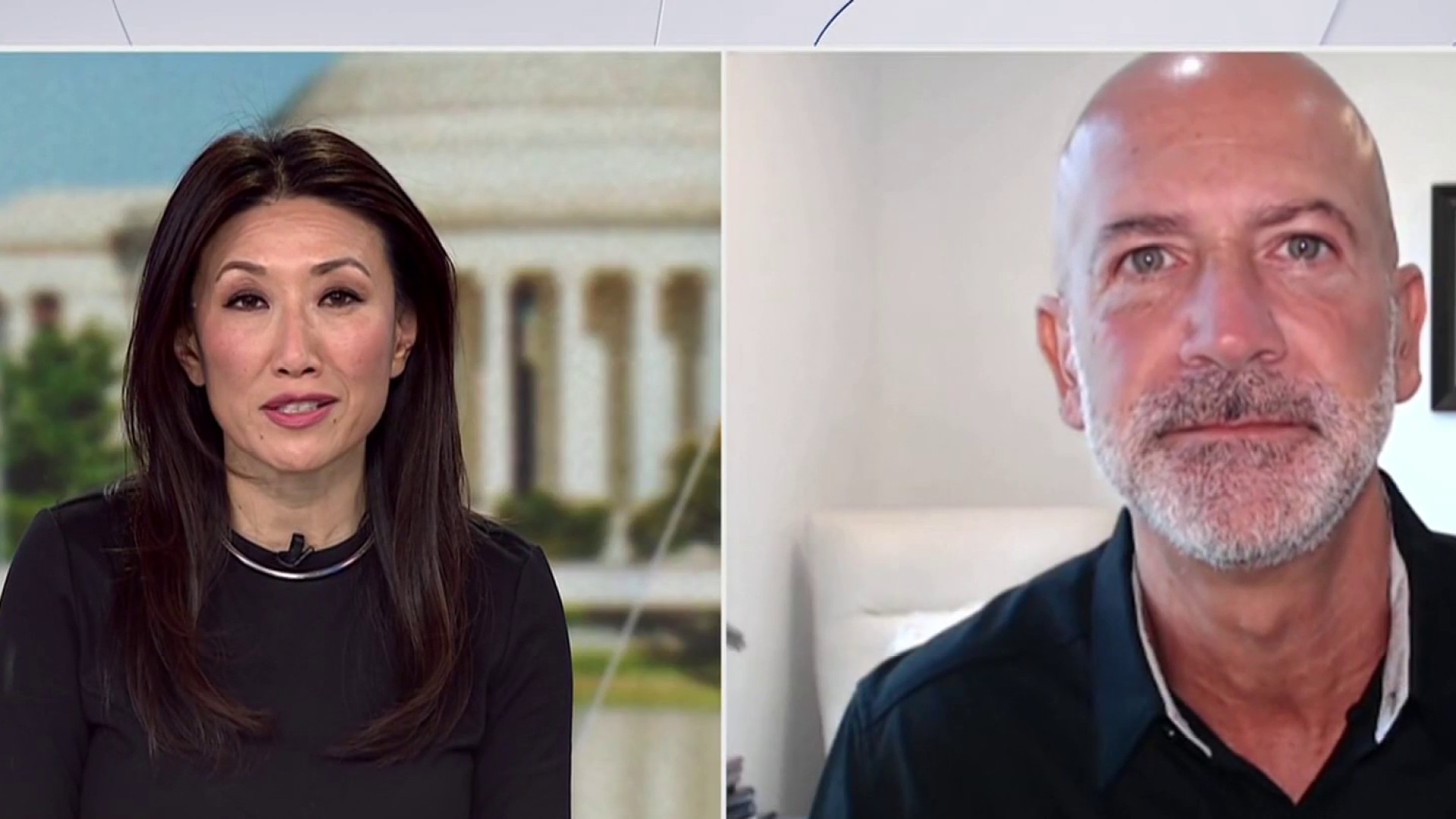Addictive, dangerous and deceptive: those are just some of the words D.C.’s attorney general is using to describe TikTok in a new lawsuit.
Washington, D.C., and more than a dozen states filed lawsuits against TikTok on Tuesday, alleging the popular short-form video app is harming youth mental health by designing its platform to be addictive to kids.
The lawsuits stem from a national investigation into TikTok, which was launched in March 2022 by a bipartisan coalition of attorneys general from D.C. and many states, including California, Kentucky and New Jersey. All of the complaints were filed in state courts.
At the heart of each lawsuit is the TikTok algorithm, which powers what users see on the platform by populating the app’s main “For You” feed with content tailored to people’s interests. The lawsuits also emphasize design features that they say make children addicted to the platform, such as the ability to scroll endlessly through content, push notifications that come with built-in “buzzes” and face filters that create unattainable appearances for users.
We've got the news you need to know to start your day. Sign up for the First & 4Most morning newsletter — delivered to your inbox daily. >Sign up here.
“Its algorithm is designed to keep kids on screen and when they leave the screen to bring them back as quickly as possible," Schwalb said.
The bipartisan group of attorneys general allege the app is intentionally designed to keep kids scrolling, leading to dangerous consequences.
“Very adverse impacts on young people’s mental health, whether it be depression, alienation, eating disorders, sometimes children even considering taking their own lives," Schwalb said.
Local
Washington, D.C., Maryland and Virginia local news, events and information
Schwalb called the app "digital nicotine," and said TikTok is "intentionally trying to addict young people to its platform."
He said the app "inflicts immense damage on an entire generation of young people."
"In addition to prioritizing its profits over the health of children, TikTok's unregulated and illegal virtual economy allows the darkest, most depraved corners of society to prey upon vulnerable victims," Schwalb said. "The company knows what is happening and has chosen to ignore it. This lawsuit seeks to put an end to its illegal, deceptive, and predatory behavior."
More than half of young people between 13 and 17 years old in the U.S. use the app. Worldwide, TikTok has more than a billion active users.
Schwalb's lawsuit, which alleges violations of D.C. consumer protection laws, accuses TikTok of "employing algorithms and manipulative design features" to hook young users by triggering bursts of dopamine to their impressionable brains.
"TikTok knows that its design features make its App more addictive and keep users engaged for longer," the suit in D.C. Superior Court alleges.
"While this may be good for business, it has perilous effects on children."
The complaint also says that in 2019, the company introduced "two new dangerous features": a live-streaming feature called TikTok LIVE and a virtual currency system called TikTok "Coins."
"TikTok stands out with its use of Coins — an unlicensed virtual currency," the suit alleges. "Users buy Coins to send virtual 'Gifts' during LIVE sessions, which streamers can cash out for real money. TikTok incentivizes users to go LIVE by promising these monetary rewards 'the more popular [their] content becomes.'"
The suit says that TikTok "earns substantial revenue" from its Coins, charging commissions of up to 50% on each transaction.
The app's virtual currency cash-in and cash-out process is "a virtual money transmission system" that ignores D.C. law by failing to obtain a required money transmitter license, the suit alleges.
And, "Although LIVE, including both live streaming and Gifts, has a current minimum age requirement of 18 and older, TikTok knows its lax age verification measures incentivize U.S. minors to lie about their age to gain access," Schwalb's suit claims.
The complaint also alleges that LIVE's design, including Coins and Gifts, "enables other serious harms to minors including sexual exploitation."
"TikTok is fully aware that these features combine to create an environment where children are often sexually exploited by users but has chosen to turn a blind eye in favor of increasing its profitability," Schwalb's office said in a press release.
TikTok's U.S. headquarters are in Los Angeles, but it maintains an significant lobbying presence and an office in Washington, D.C.
The company recently announced a partnership with the NHL's Washington Capitals hockey team, to feature TikTok's logo on its road game jerseys for the upcoming season, the suit notes.
The suit asks that TikTok be permanently enjoined from violating consumer protection laws, and ordered to pay restitution to users, along with civil penalties.
A rep for TikTok pushed back, calling lawsuit’s claims “inaccurate” and “misleading,” saying in a statement:
"We're proud of and remain deeply committed to the work we've done to protect teens, and we will continue to update and improve our product. We provide robust safeguards, proactively remove suspected underage users, and have voluntarily launched safety features. … We've endeavored to work with the Attorneys General for over two years, and it is incredibly disappointing they have taken this step rather than work with us on constructive solutions to industry wide challenges."
“I’m disappointed that after two years of working with TikTok, it was unwilling to take steps to make sure that its platform was safe for kids and their familiesm" Schwalb said. "And it’s chosen to put its profits over the mental health and wellbeing of our young people and that’s not acceptable."
The D.C. Attorney General says they are not trying to put TikTok out of business, they just want to make the platform safer.
Now, it’s TikTok’s turn to respond in court.



